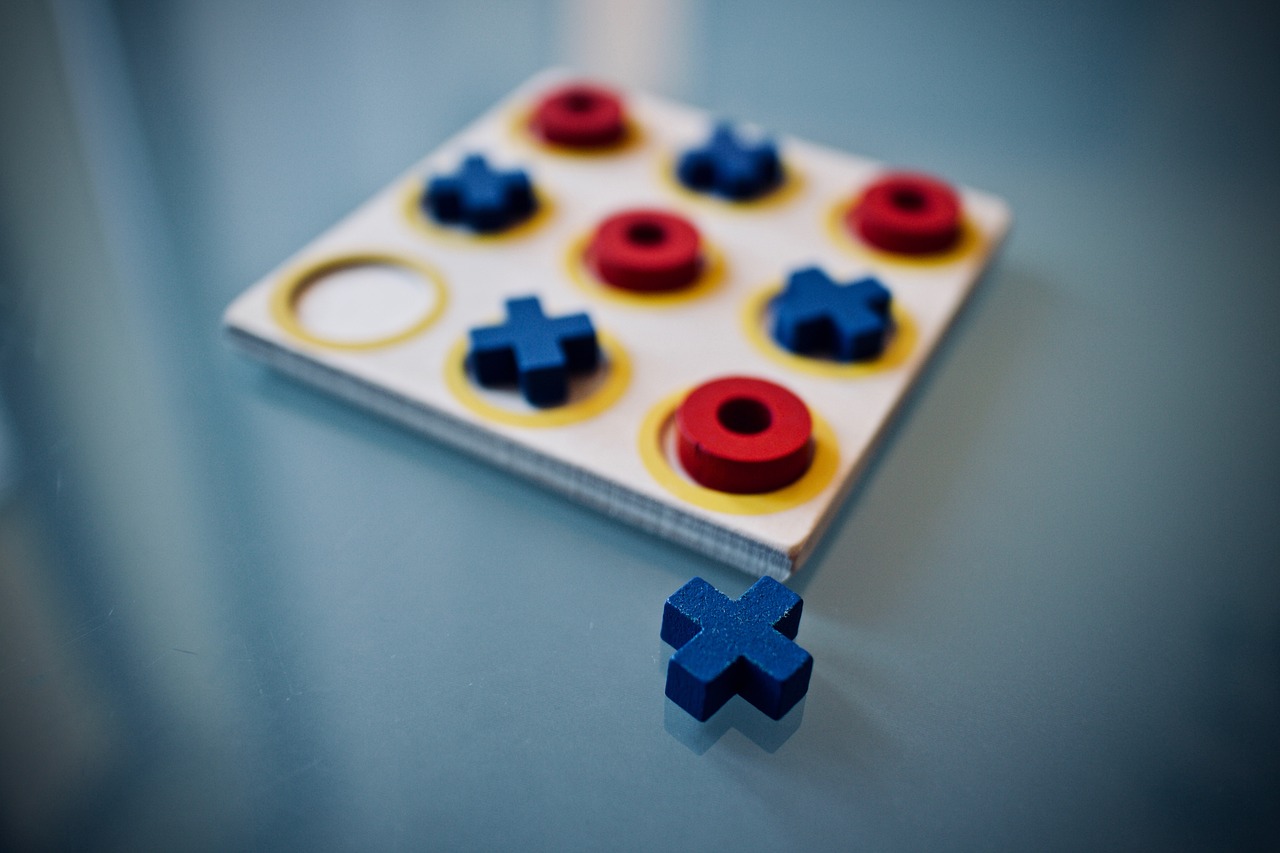Ludo is a popular and beloved board game, known for its simple rules and exciting gameplay. It may seem like a modern invention, but Ludo has a rich and fascinating history that dates back centuries. The game originated in India, where it was called Pachisi and was played by the Mughal emperors and their courtiers. Pachisi boards were often beautifully crafted and adorned with precious gems, making it a game fit for royalty.
In the 19th century, Ludo made its way to England where it gained popularity among players of all ages. The game was originally called “Ludo,” which is Latin for “I play.” It quickly spread throughout Europe and became a staple in many households as a simple and entertaining pastime. Over the years, Ludo has undergone some changes, with various versions and variations being created, but the basic gameplay remains the same.
Today, Ludo is enjoyed by people all around the world and is a staple in many family gatherings and game nights. It has evolved into a modern classic, providing endless hours of fun for players of all ages. With its rich history and enduring popularity, it’s no wonder that Ludo continues to hold a special place in the hearts of both casual and avid gamers alike.
